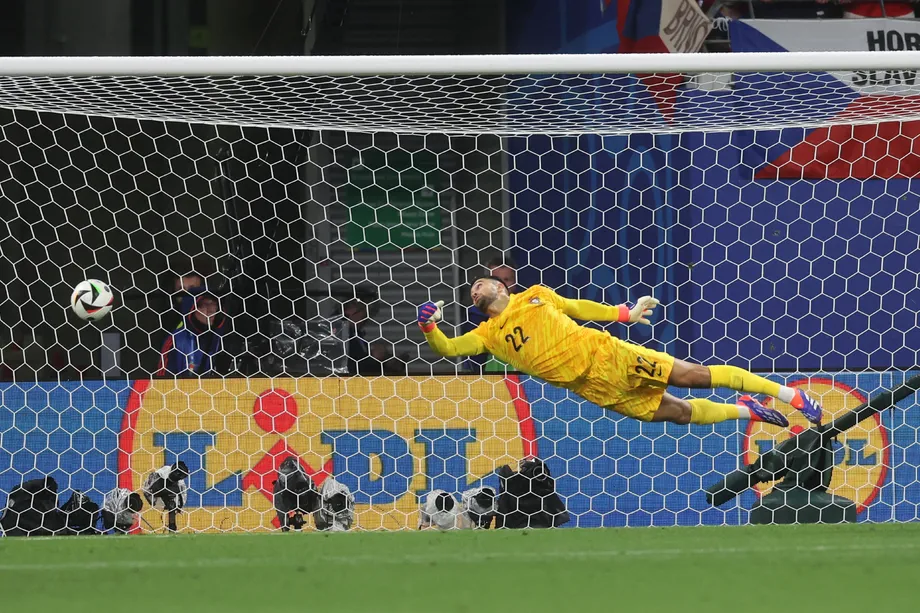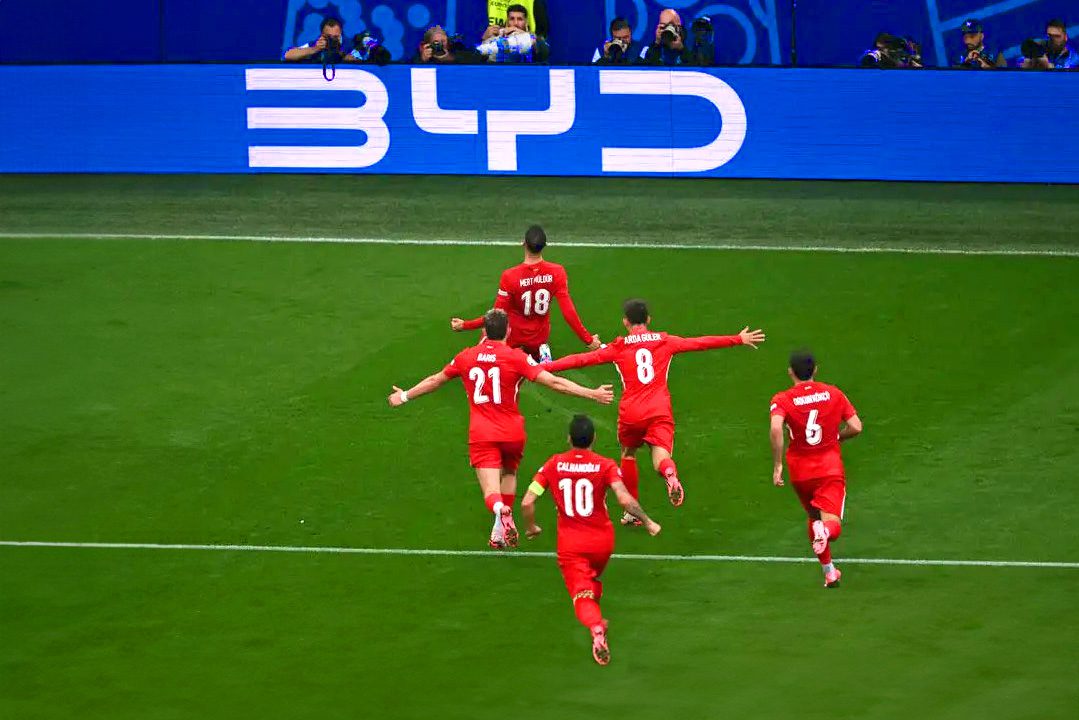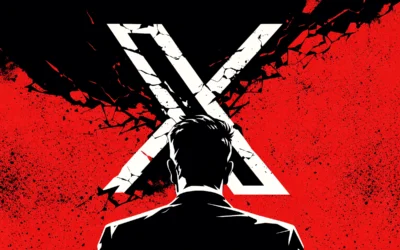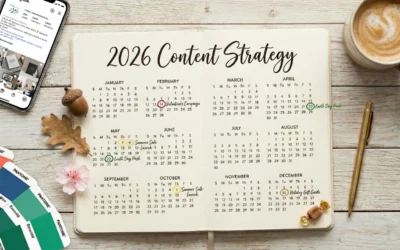Next Sunday, millions of football fans will be glued to their TVs for the final of the UEFA European Championship 2024.
However, the players won’t be all that catches the eye. Between the advertising hoardings, media rooms, players’ kits and even the ball itself (it’s called Fussballliebe which means “love of football” in German), viewers will be bombarded with logos, brand names and catchy slogans – all part of the game.
Relevant Insights
During any major sporting event, including the Euros, sponsorship plays a key role. From the former name-sponsored Barclays Premier League to front of shirt sponsors for your local grassroots club, sponsorship can be seen at all levels of the sport.
Why is sports sponsorship so lucrative?
Sports sponsorship is a mutually beneficial partnership between a company or brand and a team or player.
Looking at football, sponsorship can take multiple forms such as the typical front of shirt sponsors, stadium naming rights, on-pitch branding and even sponsorship of players. Sponsorship can be as important for the team being sponsored as the company doing the sponsoring, particularly at grassroots level, with many local businesses supporting their local clubs. This financial investment can be crucial to the survival of the game at the lower levels.
But why do the biggest brands choose football to advertise?

Simply put, because of the audience.
Football is the most popular sport in the world by a country mile, with most top-level leagues attracting hundreds of thousands, if not millions, of supporters every match week. Even at grassroots level, football matches can draw relatively large crowds. Having your company name and logo on a team’s jersey or on pitch side advertising hoardings delivers precious exposure among a prime target audience.
Risk vs Reward
Sponsoring the beautiful game doesn’t come without its risks, however, and at the top level it doesn’t come cheap – Premier League shirt sponsorship deals range from £6m to £68m per year. Success of the sponsorship also depends on the team’s fortunes during this time. A more successful period for the club may lead to fans viewing the sponsor in a more positive light than if the club was doing badly. This shows that sport sponsorship can be an emotive way for brands to connect with audiences, leading to a lasting connection that might not be attainable in other forms of sponsorship.

In both UEFA and FIFA International competitions, certain sponsorships are banned, such as front of shirt and stadium naming. This ensures exclusivity for the tournament’s sponsors, who have paid the big bucks to have their names in lights.
For example, when Dublin hosts any matches at the 2028 UEFA European Championships, the Aviva Stadium will be referred to as the ‘Dublin Arena’ to satisfy these rules. This makes sponsoring an international tournament more appealing as there is less competition for eyeballs. This also explains why global giants such as Coca-Cola and Lidl have decided to put money behind the tournament this year.
Strict sponsorship rules haven’t stopped some companies from using more creative ways to hijack tournaments for brand exposure. This was seen at Euro 2012 when Danish striker Nicklas Bendtner celebrated a rare goal by holding up his shirt, showing the top of his underwear adorned with a prominent Paddy Power logo. While this attempt at ambush marketing ultimately led to the Dane being fined €100,000 (which Paddy Power naturally paid), the publicity and buzz generated by the stunt made it a definite success for the Irish bookmaker.
Even superstars like Cristiano Ronaldo can be tempted to take part in ambush marketing. Like Bendtner, the Portugal captain could face a hefty fine after fitness company WHOOP posted metrics from Ronaldo’s heart rate monitor following Portugal’s penalty shootout win over Slovenia at the Euro 2024 Round of 16 this week.
Closer to home
Back in 2014, Cullen Communications agreed a deal with the Football Association of Ireland (FAI) that saw our client Continental Tyres become official partner of women’s football in Ireland. ‘Conti’ became the main sponsor of the FAI Women’s National League and FAI Senior Women’s Cup, kicking off a highly successful partnership that helped to grow the league and the Continental Tyres brand in Ireland: a win-win, like all the most successful sponsorships are.
If you’re interested in the value and impact that sports sponsorship can have, we can help. Our sports department is vastly experienced in helping brands to find an event or team that fits with their values and that can help them connect with their target audience. Contact us today and let’s discuss the best way to kickstart your journey in sport sponsorship.
My money’s on Spain, by the way.

About the author
Cara Conboy is a recent graduate who is interning with Cullen Communications and joined the team in 2024. Some of Cara’s interest areas include sponsorship, influencer marketing and copywriting.





